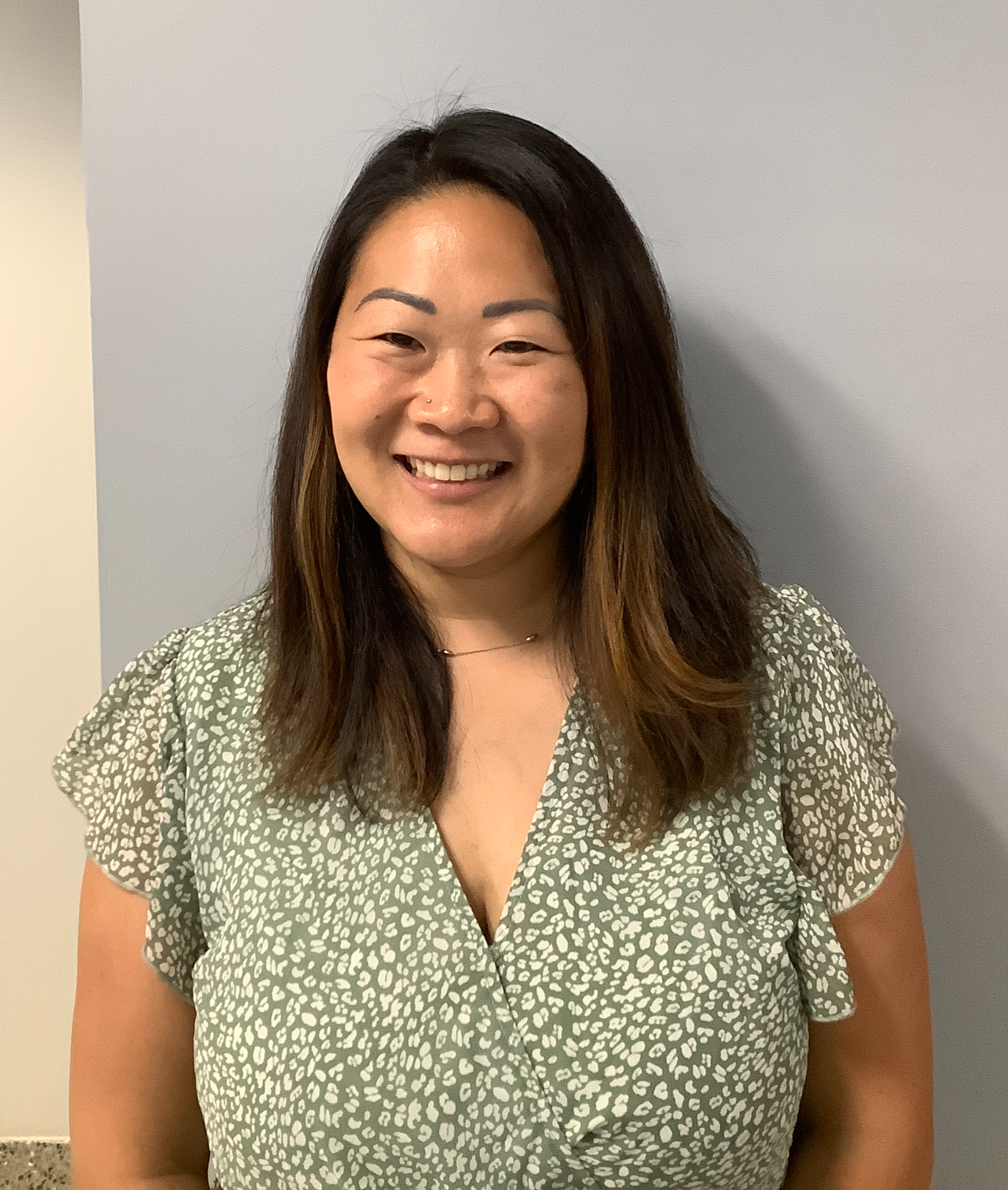Drug-Free Irondequoit Informational Videos
Substance Abuse Counseling Services
Amanda Knipfing

It is never too early to start talking with your child about the risks of using drugs and alcohol. Parents, guardians, schools and communities play a crucial role in drug and alcohol abuse prevention. Through Ms. Knipfing's services, we provide substance use services based on solution focused and motivational interviewing techniques to help students live drug and alcohol-free lives. These services include a wide range of supports including crisis intervention, individual, group or family support counseling sessions. During sessions, the goal is to assess the intensity of the relationship a student has with a drug or mood-altering substance to help them get the support and help they need. In addition, to help them develop healthy coping skills to replace the use of substances and develop healthy lifelong social emotional functioning. Students can be referred to her services via discipline, parent referral and/or administrative team concerns. Assistance is also provided to families seeking outside referrals to treatment providers, outpatient or inpatient services, community connections, peer supports as well as crisis management. She can help such individuals connect, advocate and navigate the local treatment provider's evaluation and support networks
Please do not hesitate to reach out for anonymous support or student referrals. If you are concerned about your child's or loved one’s behaviors or possible substance use, please contact Drug and Alcohol Counselor, Amanda Knipfing at 339-1525.
Feel free to use our Substance Abuse Parent Observation Checklist as a tool.
Why Might Youth Use Drugs or Alcohol
Acceptance. Youth may have a desire to use drugs or alcohol as a way to be accepted by their peers or other social influences
Curiosity or a general wonder about how it might affect them or the “benefits” it might bring to their life. Youth may hear from others about being “high” or drunk and want to experience it for themselves.
Easy Accessibility if a student is easily able to access drugs or alcohol from peers, family homes or other community locations it may increase their motivation to use them
Modeling of such behavior from a trusted adult, sibling, or other role model. Youth are watching how those around them think, feel, and if they use drugs or alcohol. They may also be influenced by social media and the messages they receive about substance use.
To Cope with the world around them. Youth may report they felt a need to use drugs or alcohol to cope with an uncomfortable emotion without understanding the risks and dangers.
Taking Action: What Should I Do to Help My Child?
Utilize Supports, whether in your community, school or through your doctor’s office seek, support from a trained professional to address your concerns.
Educate Yourself on the drugs and alcohol as well as their risk to your child and family.
Be Understanding with your child and yourself. Connect them with the help they need while avoiding shame and judgment. That goes for you as well, there are many innovative ways to conceal use, what’s important is you get them the help they need when you discover a concern. Addiction does not discriminate.
Be Proactive. Have conversations frequently about the dangers of drugs and alcohol from a young age as well as healthy coping skills. Ask questions about where they are going, who their friends are and don’t be afraid to investigate your child’s belongings cell phones, computers etc. There’s a difference between privacy and secrecy.
Talk with your Kids Not at Your Kids. Talk about how to cope without substances and allow them the space to express their opinions.
Set Expectations. Be clear with what you expect from your child when it comes to substance use and carry through with consequences while also being positive with their triumphs.
Be a Strong Role Model. Explore you own struggles with substances or healthy coping skills. You play an important role in their lives.
Some Signs and Symptoms Your Child May have a Problem with Drugs or Alcohol
Ignoring responsibilities at school, home, or work
Giving up or changing once loved activities, sports, and hobbies
Changes in their mood, personality, or attitude (paranoid/irritable)
Change in their friend group and peers.
Drop in grades, work performance or motivation.
Having difficulties in their relationships with family, friends, or peers.
Behaviors of secrecy and dishonesty
Change in sleeping habits or appetite (weight loss/gain)
Feel free to use our Substance Abuse Parent Observation Checklist as a tool.
Community Resources
Drug Free Irondequoit (DFI) - non for profit community collation focused reducing youth substance use
ROCovery Fitness promotes sober lifestyles through fitness and physical activities. A schedule of events can be found on the website.
Alcoholics Anonymous (AA) or Narcotics Anonymous (NA) meetings for individuals struggling with addiction who are looking for peer support.
Alanon and Naranon support groups can be helpful for parents and families cope with the varying emotions surrounding a loved one’s use of drugs and alcohol. Local meetings can be found on their website and “Open” meetings are held for people who are new to the group.
Combat Heroin and Prescription Drug Abuse Kitchen Table Toolkit
Rochester Area Drug and Alcohol Service Providers
TREATMENT PROVIDERS:
Rochester Regional Health Adolescent Treatment Program
585-922-9900
Villa of Hope
Outpatient Services: 585-328-0834
Inpatient Services : 585-865-1555 ext. 104
Westfall Associates
919 Westfall Rd #60
Rochester, NY 14618
585-473-1500
Strong Recovery/Addiction Services - CCBHC
585-275-5400
MC OASAS Certified Treatment Provider Directory
Open Access Clinic – Open 24/7
Delphi Rise 835 W Main Street
Rochester NY 14611
(585) 627-1777
MC OASAS Certified Treatment Provider Directory January 2022
